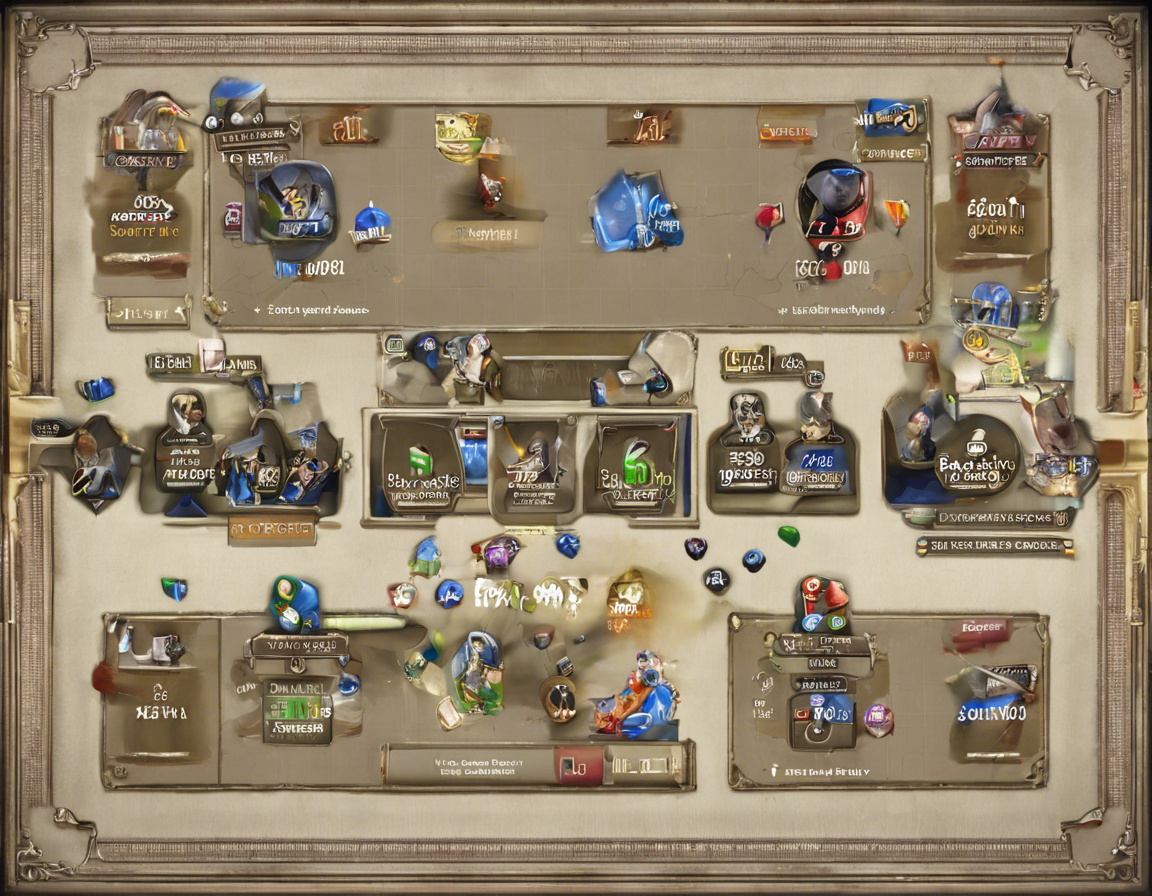In the highly competitive business world, navigating the landscape to achieve success can be a daunting task. However, by implementing specific strategies and best practices, individuals can bridge the gap between where they currently are and where they want to be. Whether you’re an entrepreneur, a professional aiming for career advancement, or someone looking to excel in personal endeavors, understanding and applying these strategies can set you on the path to success.
Understanding the Current Scenario
Before embarking on the journey towards success, it’s crucial to assess the current situation. Self-awareness and introspection play a vital role in this phase. Reflecting on your strengths, weaknesses, opportunities, and threats can provide valuable insights and help in charting a course for the future.
Key Points:
- Conduct a SWOT analysis to identify internal strengths and weaknesses, as well as external opportunities and threats.
- Evaluate past successes and failures to extract lessons and determine areas for improvement.
- Seek feedback from mentors, peers, or trusted advisors to gain different perspectives.
Setting Clear Goals
Setting clear, SMART goals is essential in any journey towards success. Specific, Measurable, Achievable, Relevant, and Time-bound goals create a roadmap that guides actions and decisions. Clearly defined goals provide a sense of direction and purpose, motivating individuals to stay focused and committed.
Key Points:
- Break down long-term goals into smaller, manageable short-term objectives.
- Prioritize goals based on importance and urgency.
- Regularly review and adjust goals to align with changing circumstances.
Continuous Learning and Skill Development
In today’s fast-paced world, continuous learning and skill development are key differentiators between those who succeed and those who don’t. Embracing a growth mindset and being open to acquiring new knowledge and skills can enhance one’s capabilities and adaptability.
Key Points:
- Engage in lifelong learning through courses, workshops, seminars, and reading.
- Identify and develop core competencies relevant to your field or industry.
- Actively seek feedback and constructive criticism to improve performance.
Building a Strong Network and Relationships
Success is often not achieved in isolation. Networking and building strong relationships are crucial aspects of career advancement and personal growth. Connecting with like-minded individuals, mentors, and industry professionals can open up opportunities, provide valuable insights, and offer support during challenging times.
Key Points:
- Attend networking events, conferences, and industry gatherings to expand your circle.
- Nurture relationships by offering help, support, and collaboration.
- Actively listen and show genuine interest in others to build authentic connections.
Embracing Resilience and Adaptability
In the face of inevitable challenges and setbacks, resilience and adaptability are indispensable qualities that can determine one’s ability to overcome obstacles and thrive. The capacity to bounce back from failures, learn from mistakes, and adapt to change is essential in the pursuit of success.
Key Points:
- Develop coping mechanisms to deal with stress and adversity.
- Embrace change and see challenges as opportunities for growth.
- Cultivate a positive mindset and mental toughness to stay resilient in difficult times.
Frequently Asked Questions (FAQs):
-
How can I overcome self-doubt and imposter syndrome on the path to success?
Embrace self-compassion and focus on your strengths and accomplishments. Seek support from mentors or coaches to gain perspective. -
What role does perseverance play in achieving long-term success?
Perseverance is essential as it allows individuals to stay committed to their goals despite challenges and setbacks. It builds resilience and determination. -
How can I maintain a work-life balance while striving for success?
Prioritize self-care, set boundaries, delegate tasks, and schedule time for relaxation and hobbies. Finding a balance is crucial for sustained success. -
Is it necessary to take risks in order to achieve success?
While calculated risks can lead to new opportunities and growth, it’s essential to assess risks and potential rewards before making decisions. Balancing risk-taking with prudence is key. -
How important is mentorship in professional development and success?
Mentorship can provide valuable guidance, support, and insights from experienced individuals. A mentor can offer advice, share knowledge, and help navigate challenges. -
What strategies can help in overcoming procrastination and boosting productivity?
Break tasks into smaller, manageable chunks, set deadlines, eliminate distractions, and reward yourself for completing tasks. Creating a conducive work environment is also important. -
How can I stay motivated and focused on my goals during challenging times?
Remind yourself of your why, visualize success, celebrate small wins, and seek inspiration from role models or success stories. Surrounding yourself with a supportive environment can also help maintain motivation. -
What are some effective time management techniques for balancing multiple responsibilities?
Prioritize tasks based on urgency and importance, use time-blocking techniques, delegate where possible, and avoid multitasking. Regularly review and adjust your schedule to optimize productivity. -
How can I overcome fear of failure and perfectionism that hinder progress towards success?
Embrace risk-taking and acceptance of imperfection. Set realistic expectations, learn from mistakes, and focus on progress rather than perfection. -
In what ways can celebrating small wins contribute to long-term success?
Celebrating small wins boosts morale, reinforces positive behavior, and provides a sense of accomplishment. It can increase motivation and momentum towards achieving larger goals.
In conclusion, success is not just about achieving a particular goal but also about the journey and growth that comes along the way. By incorporating the strategies outlined above, individuals can bridge the gap between their current reality and their desired success. Continuous learning, resilience, networking, goal setting, and self-awareness are pillars that can support personal and professional development. Remember, success is a marathon, not a sprint, and consistency in applying these strategies can lead to sustainable achievements and fulfillment.
